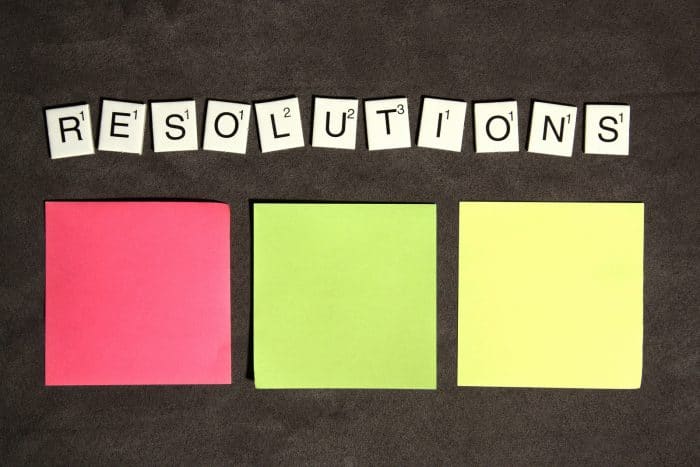How to Shed Debt for 2018
Are you sick of your debt holding you down? This new year is the perfect time for you to take a hold of your debt and to improve your credit score. According to Statista.com, there has been at least a $300 billion increase of total US debt for the last 10 years. The speculated debt for 2017 is $20.2 trillion, an increase of $11.2 trillion from 2007. This article will present 5 ways you can shed credit card debt for the new year.
1) Consolidate Your Debt
The first step to shedding debt for the new year is to focus on consolidating all of your debt. One way to do this is to pay off each account with the lowest debt balances. A common habit of US businesses is to open several credit accounts at once and build debt on each account. List all of your account balances and mark the ones with the lowest balances; from this list start paying off each one with the lowest amount attached to them (QuickenLoans.com). An alternative method is to apply for debt consolidation, which can be done with a balance transfer card or application.

2) Understand How You Got Here
After you’ve set up a plan to start paying off your credit card debt, the next step is realizing how you got in debt. Once you come to terms with bad habits in your debt history, you can avoid repeating those bad habits in the future. Make notes of the first month or year you started getting behind on your payments, then evaluate why and how you got behind (QuickenLoans). If you need additional help avoiding making the same mistakes in the future, make flash cards or place notes around your house and in your wallet as a reminder.
3) Purchase Only What You Can Afford
Don’t fall victim to the impulse to buy whatever you want—that hasn’t worked for you and has contributed to your credit card debt. Every time you consider buying something, ask yourself if this is something you can actually afford. Then ask yourself if you can live without it. Do you have enough money in your bank account to pay off the charge immediately? If there’s a hint of “no” to any of these questions, then you should rethink the purchase.
4) Stop Living Paycheck to Paycheck
Do you have a habit of maxing out your credit card every month? Just because you have a credit card limit, that doesn’t mean you should hit that limit every month; doing so puts you in a big financial risk in case an emergency occurs. You should always keep available credit for an emergency, to protect your credit score, and/or to avoid a possible bankruptcy (TheBalance.com). Track your monthly expenses, determine which ones you don’t need, and make a budget to live by. The primary goal is to start saving money for an emergency fund.
5) Don’t Miss Any Payments
Have you missed credit card payments in the past? Doing so can be very harmful to your credit score and debt amount. According to QuickenLoans.com, payment history makes up roughly 35% of a person’s credit score. With one missed credit card payment, you could be hit with a late fee and an extra month to pay off in the next billing cycle. To get ahead of your credit card debt, work on paying the full balance of your credit card bill each month (as opposed to just the minimum amount). This will improve your credit score and reduce your credit card debt each month.
Sources
Statista.com: https://www.statista.com/statistics/187867/public-debt-of-the-united-states-since-1990/#0
QuickenLoans.com: https://www.quickenloans.com/blog/7-ways-tackle-credit-card-debt-new-year
TheBalance.com: https://www.thebalance.com/credit-debt-resolutions-960864




